Angie's List and NextDoor's Favorite: 2017 -2024
For maximum performance & energy efficiency, tankless water heaters use on-demand technology. If you don’t have enough hot water, need more demand hot water or don’t get enough hot water from your existing tank style water heater, read on to see why millions of consumers have opted for tankless technology. Tankless water heaters ensure safety, save storage space, and cut back on energy costs. Exceedingly popular for many years in Europe and Asia, they are growing in demand in the good ‘ole USA for many reasons. Today, standards and certifications like Energy Star run multiple tests on home appliances to ensure fire hazard safety and low maintenance costs. So, what makes a tankless water heater an on-demand technology?
There is no tank. A tankless water heater uses continuous flow to heat water through the device. It does not store heat and re-heat water like the traditional tank-style water heaters. Most traditional and modern units consist of copper heating elements which offer easy thermal conduction. This prevents limescale, mineral, calcium build-up as well. There are all kinds of on-demand models such as hybrid, point-of-use, and combination broilers. But what’s more important than this categorization is knowing which is gas-powered and electric-powered.
There are different technologies depending on the unit that heat water quickly:
The Continuous Circulation Method.
This was the first technology used for heating a tankless system. The continuous circulation method constantly pumps water through the water inlet to each corner of the unit. This method is not as energy efficient as newer technologies. More and more consumers opt for modern, energy-efficient on-demand heating technologies.
The Timer Controlled Method.
The time controlled method uses a re-circulating pump that shuts off heating the water when the timer goes off. Once the timer is on track, the heating element is activated and cold water is treated. This is one of the most efficient methods and also helps reduce water consumption saving on your water bill as well as your heating gas or electric bill!
The Pump Method.
With the pump model, the pump is installed under a sink or in an area where it can be turned on or off with a push of a button. Once it is turned on, the pump uses most of the hot water supply from the unit. This kind of technology is good for when you want single use only. In an RV for example.
The Temperature Controlled System.
Temperature-controlled models are most common tankless water heaters on the market today. A sensor is placed inside the unit which helps maintain the desired water temperature by activating the burner responsible for running the heating element. The sensor will turn the pump on and off once the temperature reaches a certain point that is pre-determined.
How do they work?
The best tankless water heater comes with a heating element which continuously heats water and supplies it to your home’s main pipeline. This heating element is also powered by the unit’s power source, which is either electric or gas-powered. When you turn on the tankless water heater, the unit uses gas or electric energy to supply a continuous stream of hot water for as long as the tap is turned on. This means you can run several appliances like a dishwasher, hot water dispenser, run the bath, laundry and take a shower at the same time without running out of hot water. This is one of the biggest benefits for my own family of 5. I wouldn’t go any other way!
Gas is still preferred over electric-powered heaters because the electric models are slower in delivery than gas-powered units. This is because an electric-powered heater consists of a sensor, a burner and a thermostat. When the switch of the unit is turned on, the sensor that’s placed in the heating element of the electric-powered heater kick-starts the burner. The burner heats the water flowing in the unit in a constant cycle, while the thermostat maintains the desired temperature of the water flow. You typically see units outside the home or in a well ventilated area for the best performance.
Choosing a reputable water heater installation company like Duncan Plumbing Solutions is very important. In addition to working smart, we also take pride in your plumbing aesthetics. We care how our installation looks and want it to be pleasing to the eye! We don’t just install your water heater– Duncan Plumbing Solutions makes your plumbing pretty. We plumb using straight lines with precision right down to the minute details! Duncan Plumbing Solutions will install your water heater with meticulous attention to detail. We take great pride in our work and that shows! It’s the little things that makes Duncan Plumbing Solutions your best choice in water heater installation in Waxahachie, Texas.
You definitely want to choose an experienced company like Duncan Plumbing Solutions when repairing or replacing your water heater. We offer water heaters that will last year after year. We will show you the various options on the market, including the system with the best energy efficiency and lowest running costs, the systems with the best warranties, and the systems that will instantly heat water for your home’s needs.
Duncan Plumbing Solutions Water Heater Service
Duncan Plumbing Solutions is Waxahachie’s trusted plumber when it comes to water heaters! Read some of our reviews here or call us to schedule service!
The post How Does A Tankless Water Heater Work? appeared first on Duncan Plumbing Solutions.
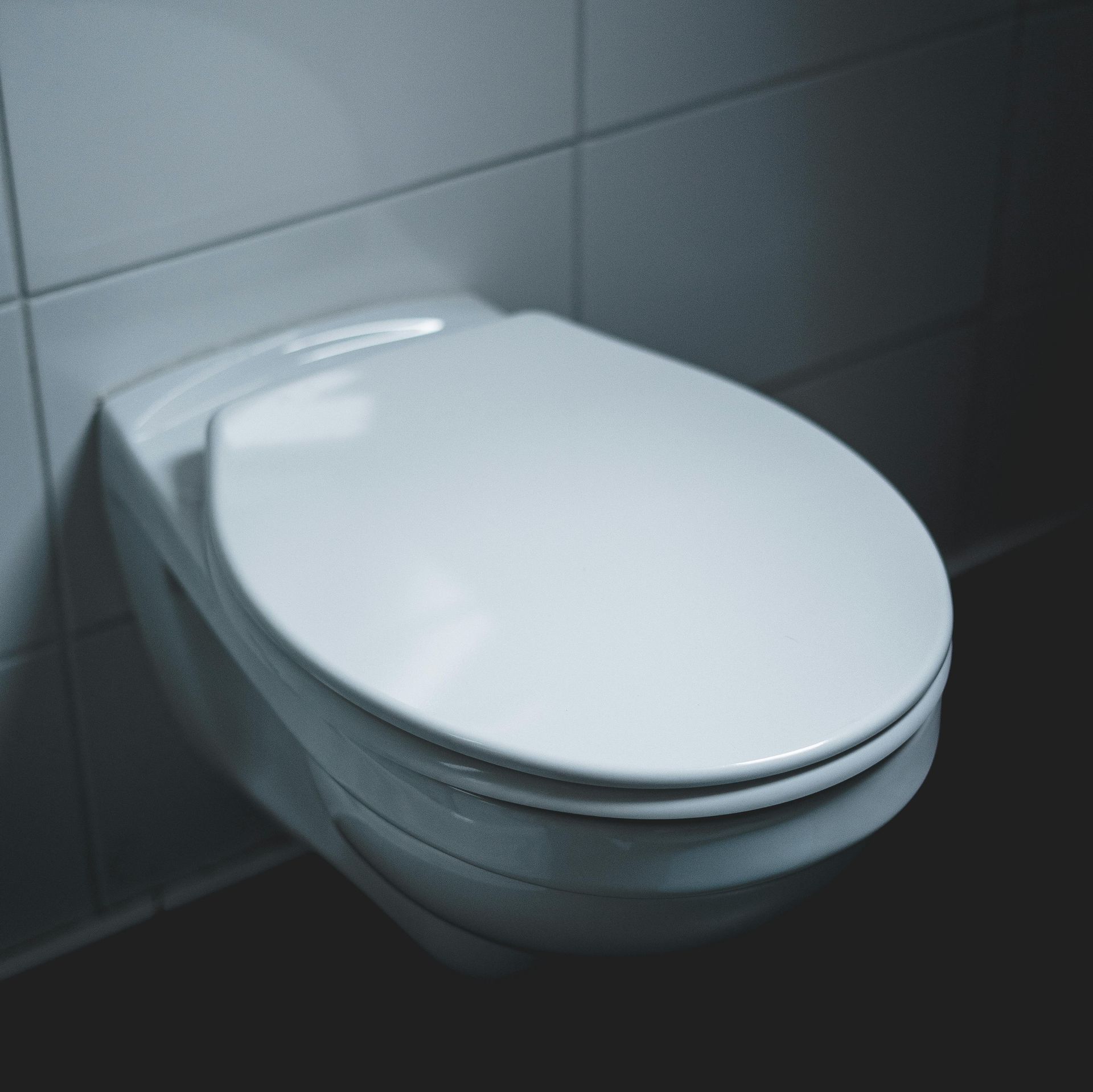
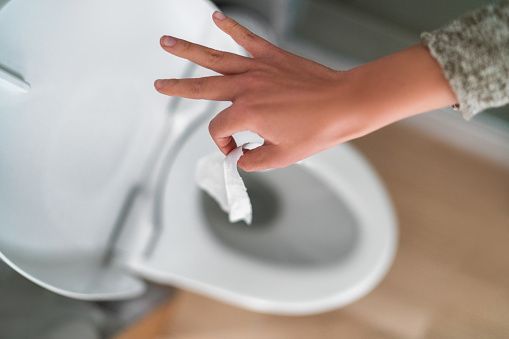
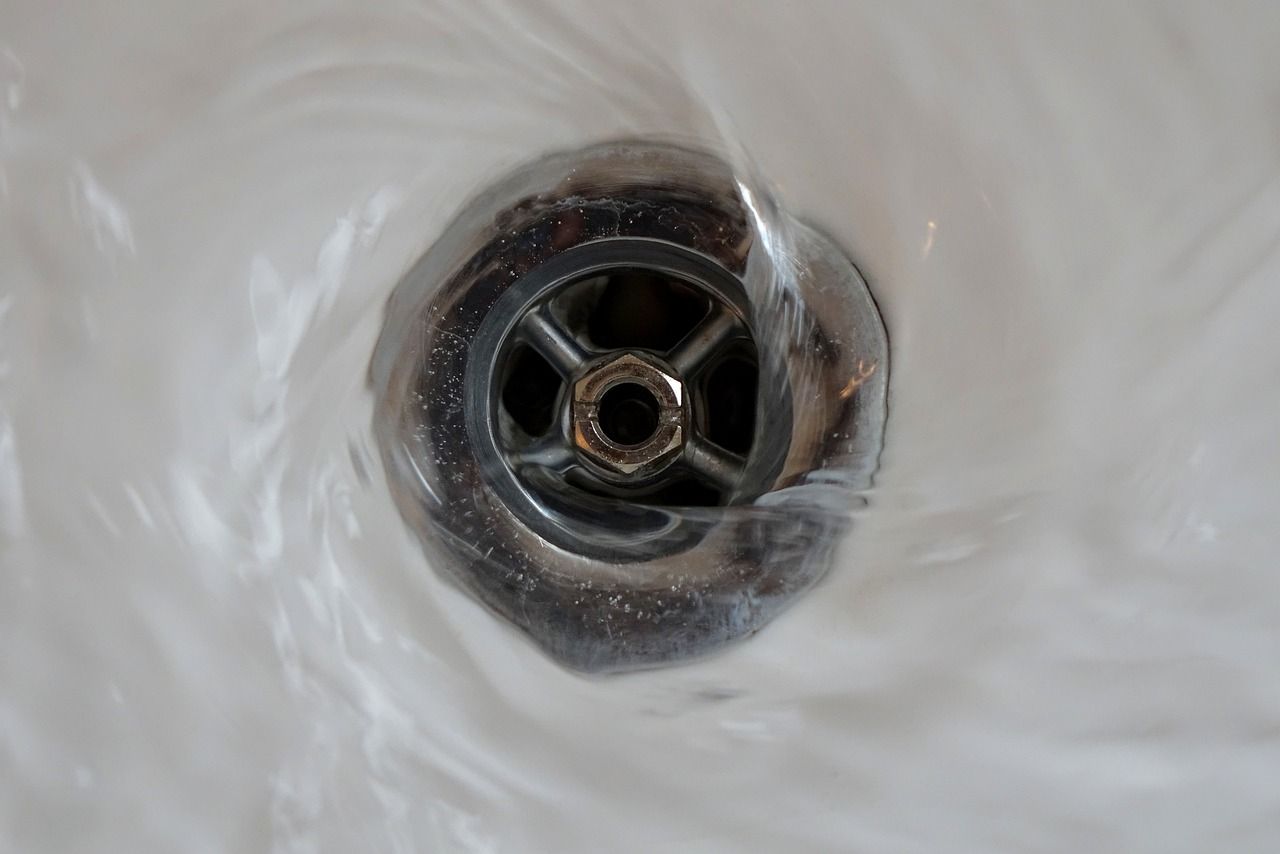
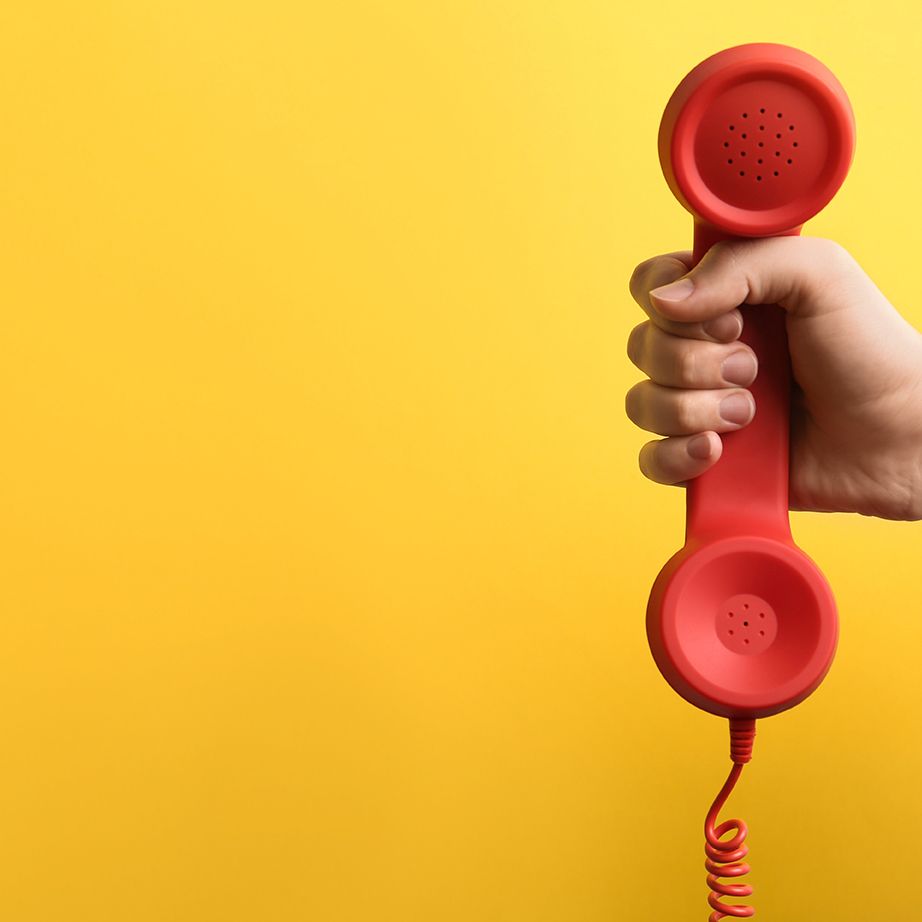
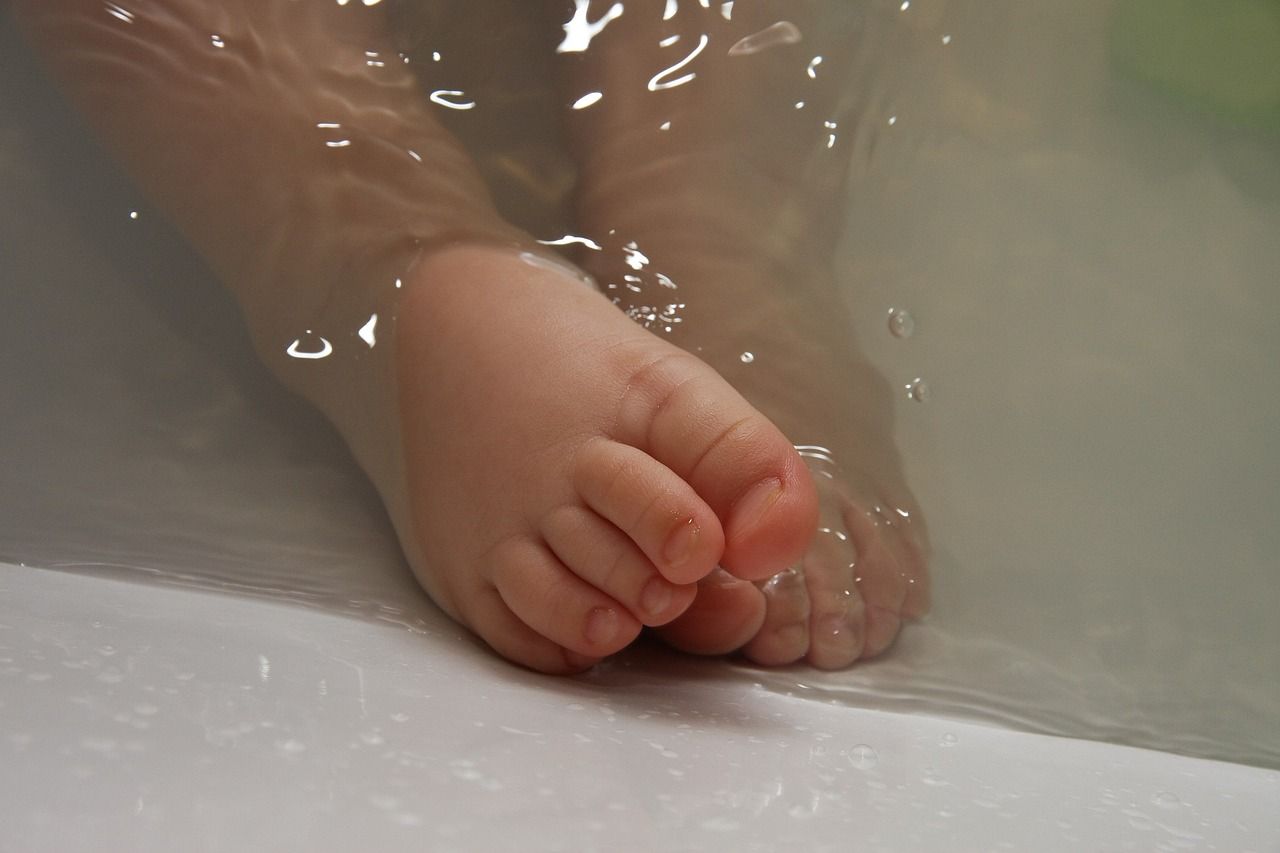

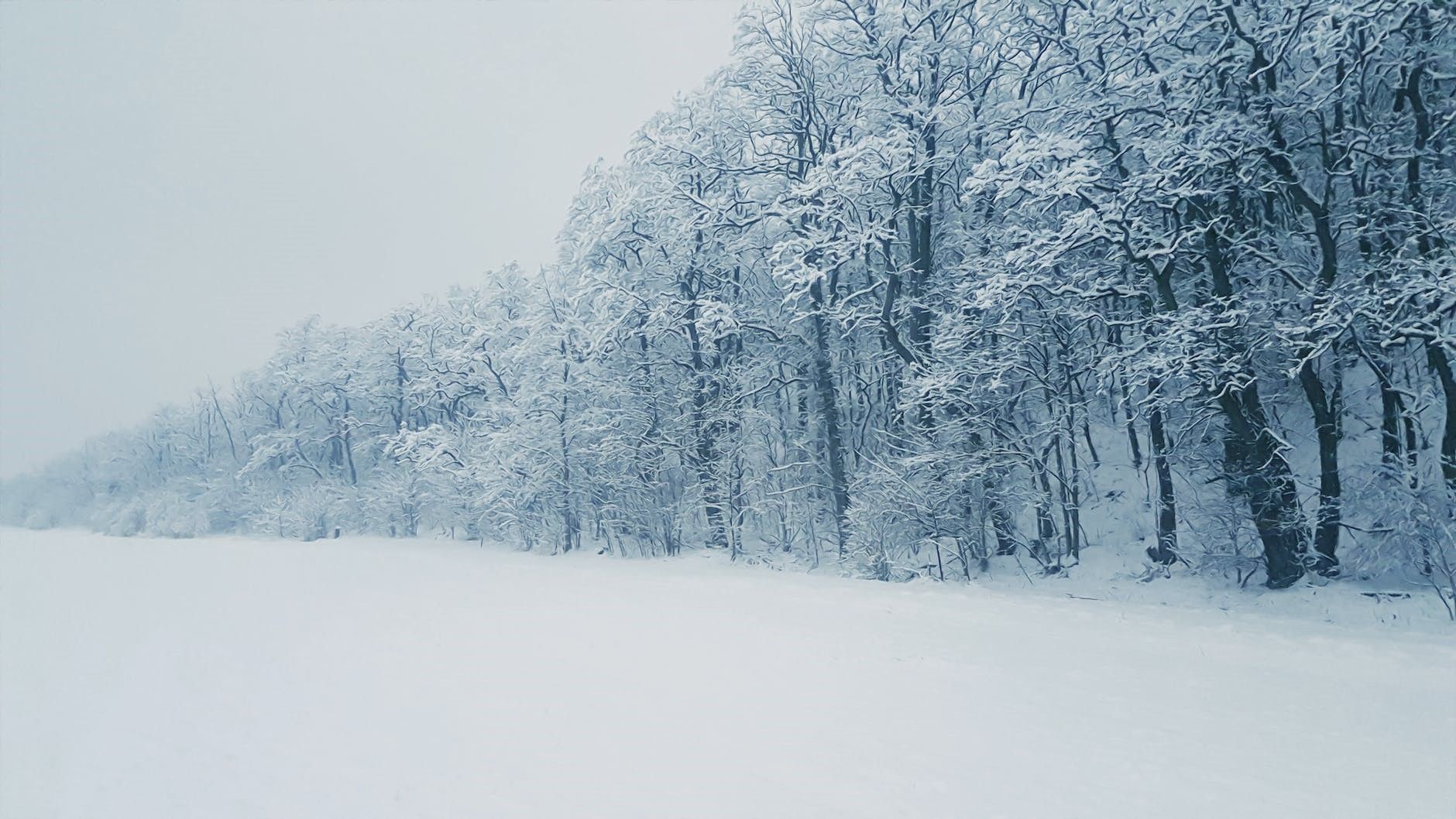
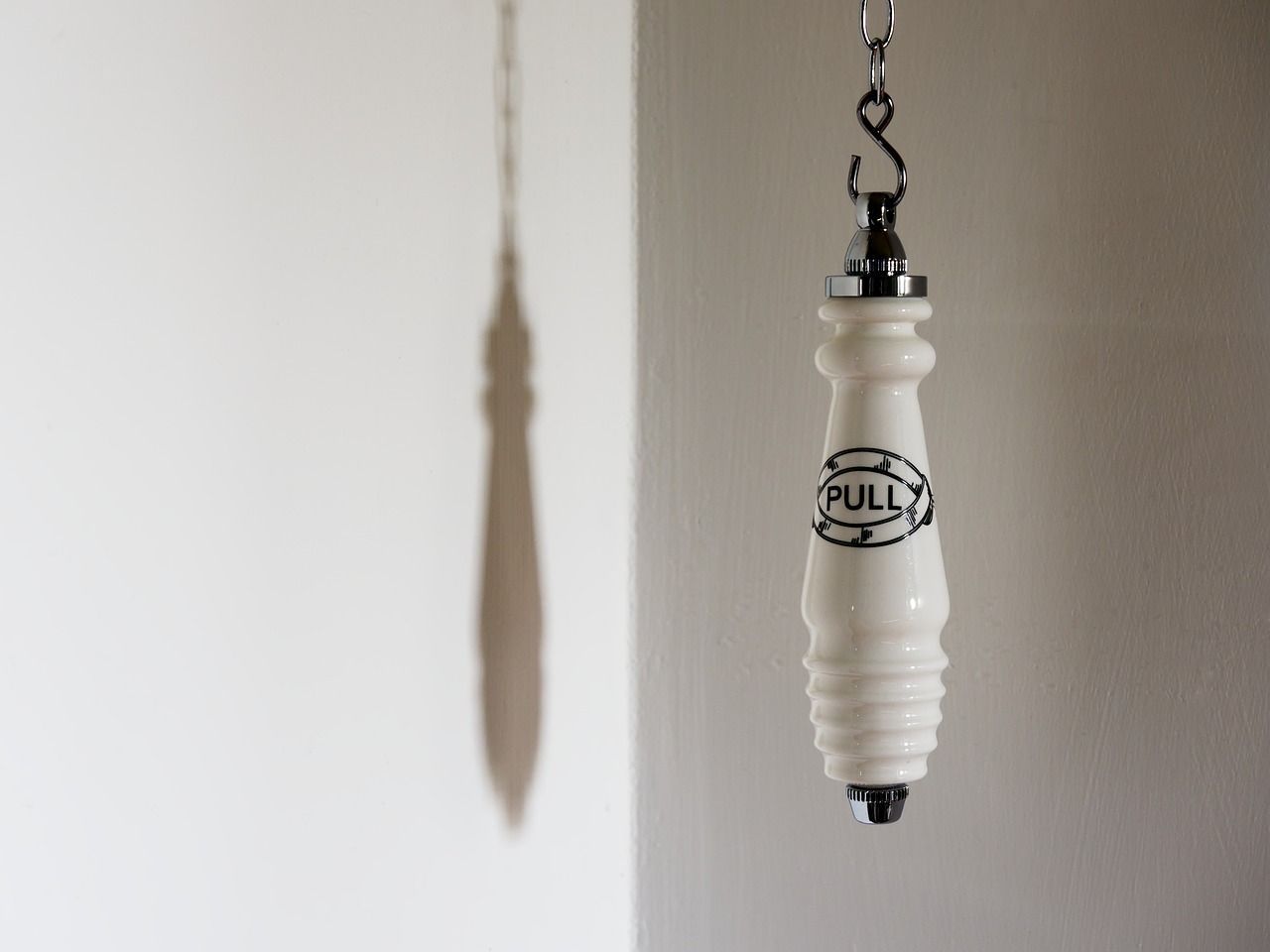
SERVING
and Surrounding Areas

HOURS
Hours:

CONTACT US
Master License # M-39624
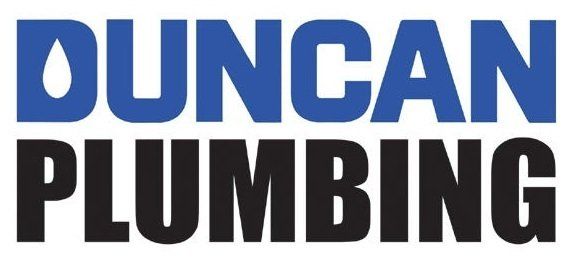
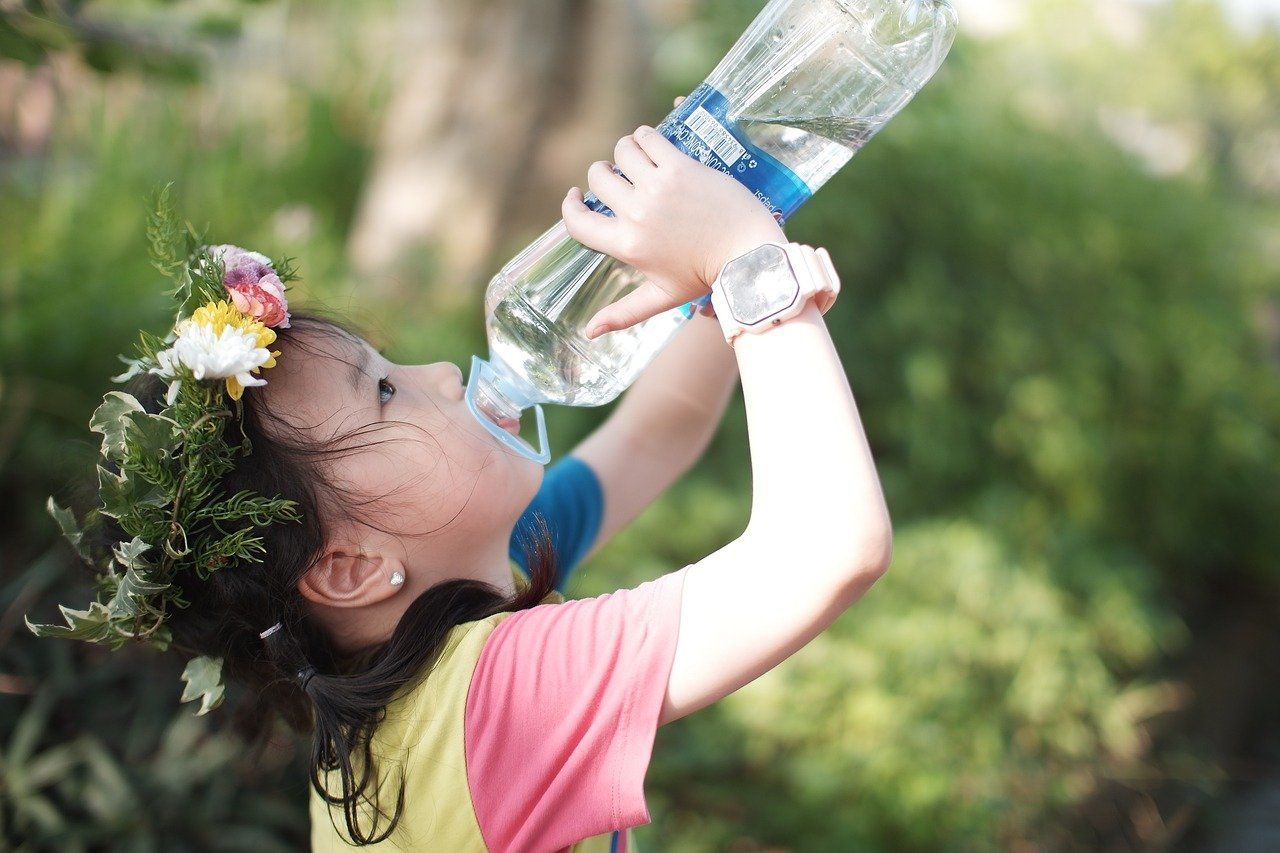
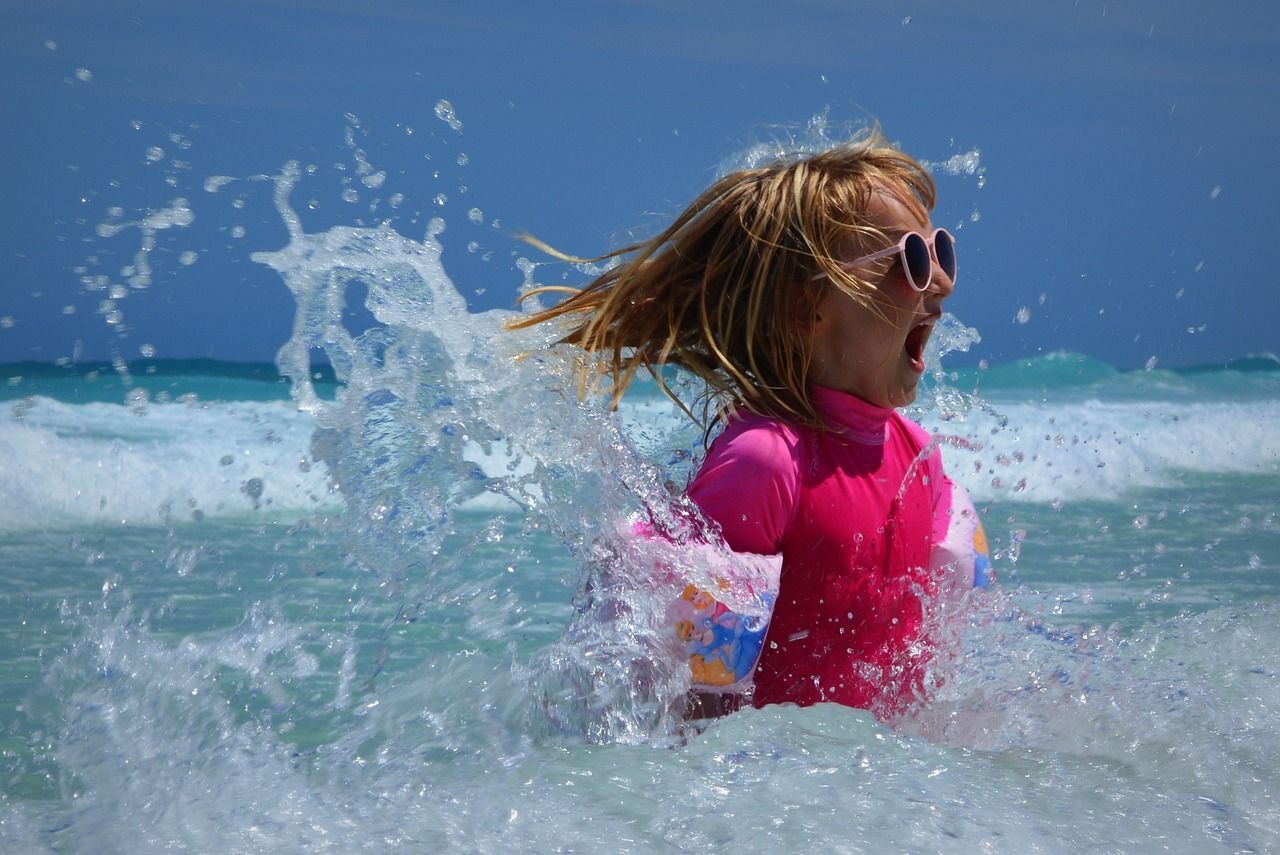


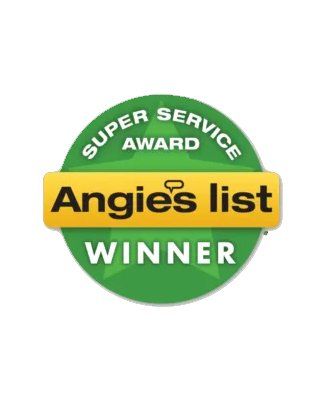
















Share On: